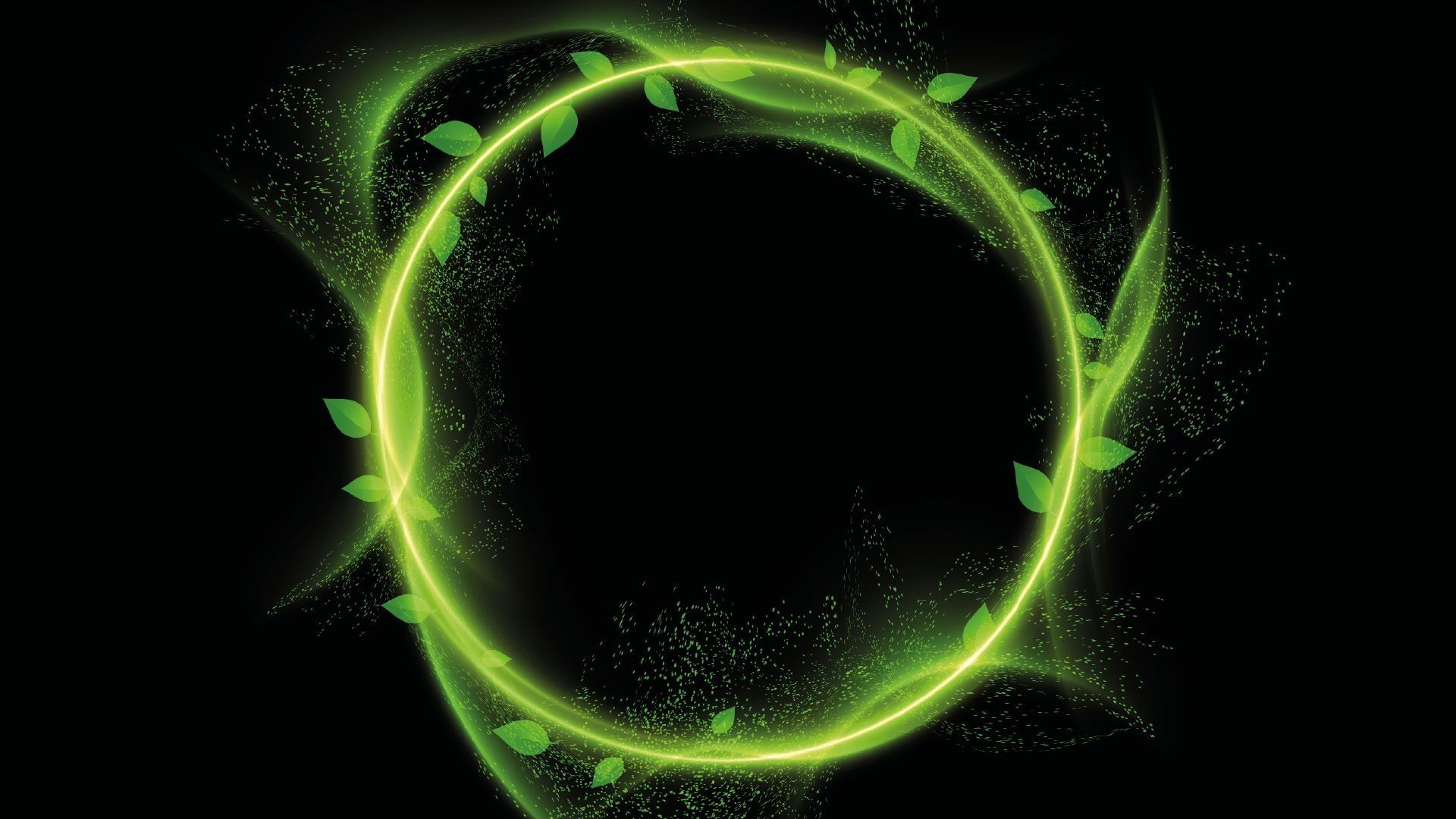The conference
The conference is dedicated to minimising its environmental footprint by adopting careful practices in energy and resource consumption. Our commitment encompasses the electronic circulation of meeting and marketing materials, a conscious decision to avoid unnecessary physical conference materials, and the selection of environmentally and socially responsible products. Additionally, we prioritise hosting meetings and social events in central locations, ensuring accessibility for as many delegates as possible.
Some of the things CIPS does:
- Printed materials are kept to a minimum. We will not be printing a conference guide. The full conference proceedings can be found on the digital platform.
- All marketing materials promoting the event are produced electronically.
- Conference registration is entirely online, and booking confirmations are electronic.
- Conference delegate badges made of paper (FSC certified) and no plastic badge wallets are used.
- We reuse conference lanyards where possible.
- We are working with sponsors and exhibitors to minimise materials they, or delegates, dispose of whilst at the conference.
- We will not supply single-use plastic water bottles.
- We are using reusable crockery instead of disposable coffee cups at the conference
Some of the things you can do, as a delegate:
- The venue is located in the city centre – walk and explore the city, use public transportation or the city bikes instead of taking taxis.
- Calculate your carbon footprint using the WWF environmental footprint calculator. Whether you’re able to attend or not, it’s a great tool for tracking your impact on the planet and learning about what changes you can make to limit it.
- Please make sure to deposit your lanyard and badge in the reuse boxes provided at conference registration.
- Please follow the waste separation instructions at the venue.
- Be thoughtful about all conference-related printing that you do and aim to reduce this where possible.
- Pens and paper will not be provided to delegates to encourage the re-use of both paper and pens. Delegates should bring notepads made from scrap paper.
- Send fewer emails – research commissioned by OVO Energy in 2019 found that if each UK adult sent just one less ‘thank you’ email a day, it would save over 16,433 tonnes of carbon a year – the same as 81,152 flights to Madrid or taking 3,334 diesel cars off the road.




)
)
-(3).png/fit-in/500x500/filters:no_upscale())
)
.png/fit-in/500x500/filters:no_upscale())
)
)
